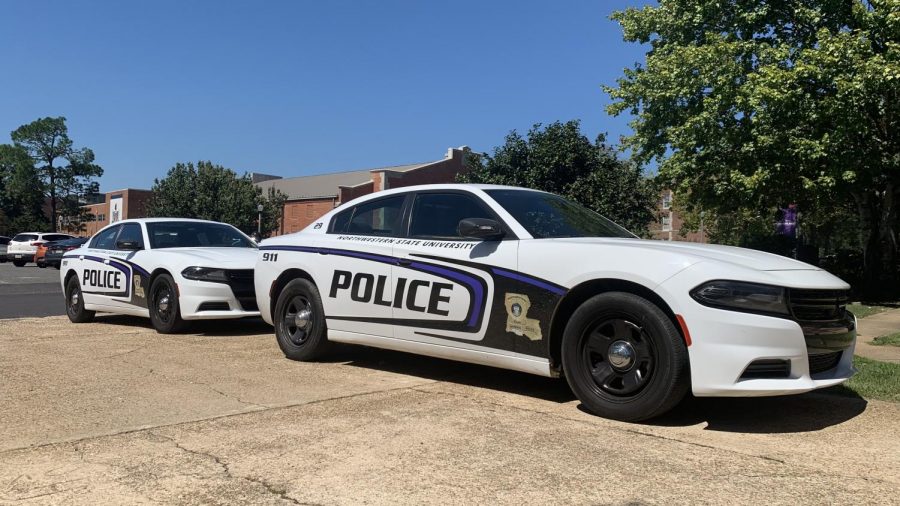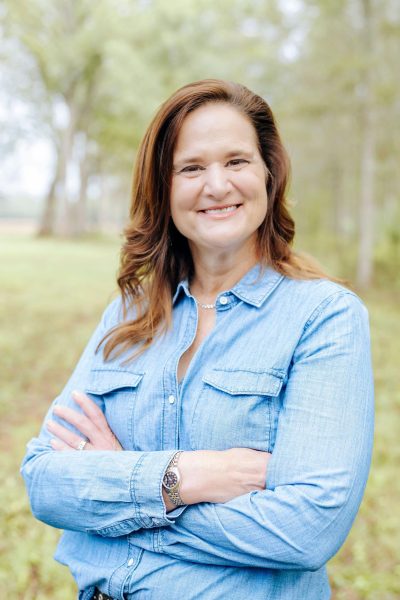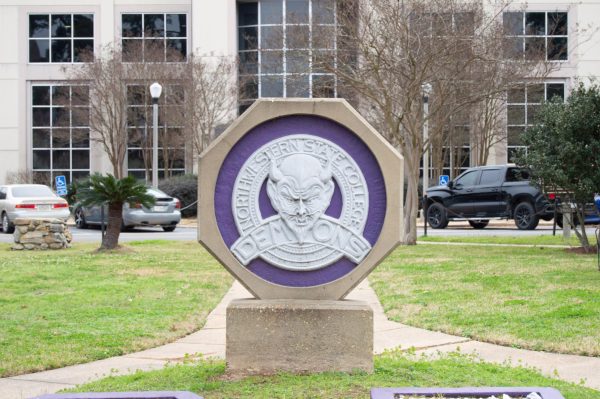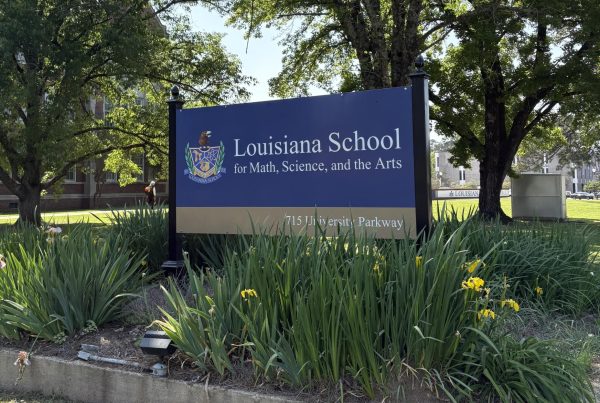Campus safety: what’s to know?
Campus Police vehicles parked outside of the police station waiting to patrol the campus.
Safety is an issue that concerns all members of Northwestern State University of Louisiana.
Jonathan Caliste, the director of university safety and compliance, stated that the University Police offer safety talks to any organizations or groups on campus that would like them.
The campus police have a daily crime log published to their website with monthly reports on specific crimes that are mandated to disclose under the Clery Act.
Caliste says the crimes published are used to make the public aware of things that happen on campus.
“The Clery Act requires colleges and universities to report campus crime data, support victims of violence and publicly outline the policies and procedures they have put into place to improve campus safety,” according to the Clery Center organization website.
In September, there were 30 Clery crimes that took place on the Natchitoches campus, with half being in dormitories. The most numerous crimes were theft, drug law violation, stalking and hit and run. The reports are available online at www.nsula.edu/universityaffairs/police under the crime log tab.
“The vast majority of the things that go wrong, or folks that commit violence or commit thefts are folks that are not part of our university community,” Caliste said.
Caliste’s biggest suggestion to NSU members is to pay attention to what the people are doing and what is happening around them.
Grace Gosserand, the Student Government Association senate speaker and a junior biology and applied microbiology double major, feels the campus is a safe place.
“There are certain aspects the university has put into place such as being a gate campus as well as police patrol which other universities don’t have that I believe keep NSU safe,” said Gosserand.
“As a 19 year old male, I can definitely see why other students who aren’t male would see how dangerous it is at night,” Josh Miranda, a sophomore business administration major, said.
The SGA plays a role in safety on campus by being the voice of the student body.
“As a senior member of SGA, I first listen to the concerns of the student body regarding safety and report back to university officials as well as university police to try and clear those concerns or fix them,” said Gosserand.
When a situation that shows an immediate risk to the health and safety of the campus community takes place, the emergency notification system Purple Alert will send out a message with relevant information. NSU members can sign up for Purple Alert at the following link: www.nsula.edu/purplealert.
“Pay attention to the alert and any alerts that may come after it,” said Caliste. “Follow the directions on the alert and if you see or hear activity that you think is weird or strange, they should report that immediately to the university police.”
The 24/7 university police dispatch number is (318) 357-5431 with 911 and the emergency call feature on the lock screen of most phones also being available.
“Crime has no zip code,” said Gosserand. “As a university, NSU does everything it can to ensure that students are safe; however, it is important to remain aware and practice safety on any part of campus just like it should be practiced anywhere else.”
Correction 11/30
The story originally ran the police phone number with a typo. It has been corrected with the accurate University Police number.


























